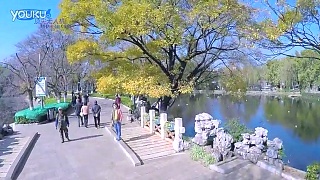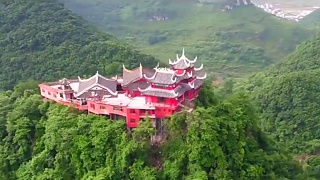Breathtaking infrastructure.
With Little Chinese Everywhere ...
[640],shadow=true,start=,stop=
Live more ...
 Awesome bridges in HuNan province
Awesome bridges in HuNan provinceBreathtaking infrastructure.
With Little Chinese Everywhere ...
[640],shadow=true,start=,stop=

|
KūnMíng is the provincial capital city of YunNan.
|

|
With Rafa Goes Around! ...
Bonus films -
With Cyrus Janssen ...
With Neel in China ...
With KING KWESI ...
|

|
JiangSu province.
With Lee David ...
|

|
Provincial capital of FuJian province ...
|

|

|
With ErMi ChuiYan ...
|

|
Bonus film - JiuChong Palace and XuanWei Mansion ...
Plus - JiaXiu Building, GuiYang ...
|